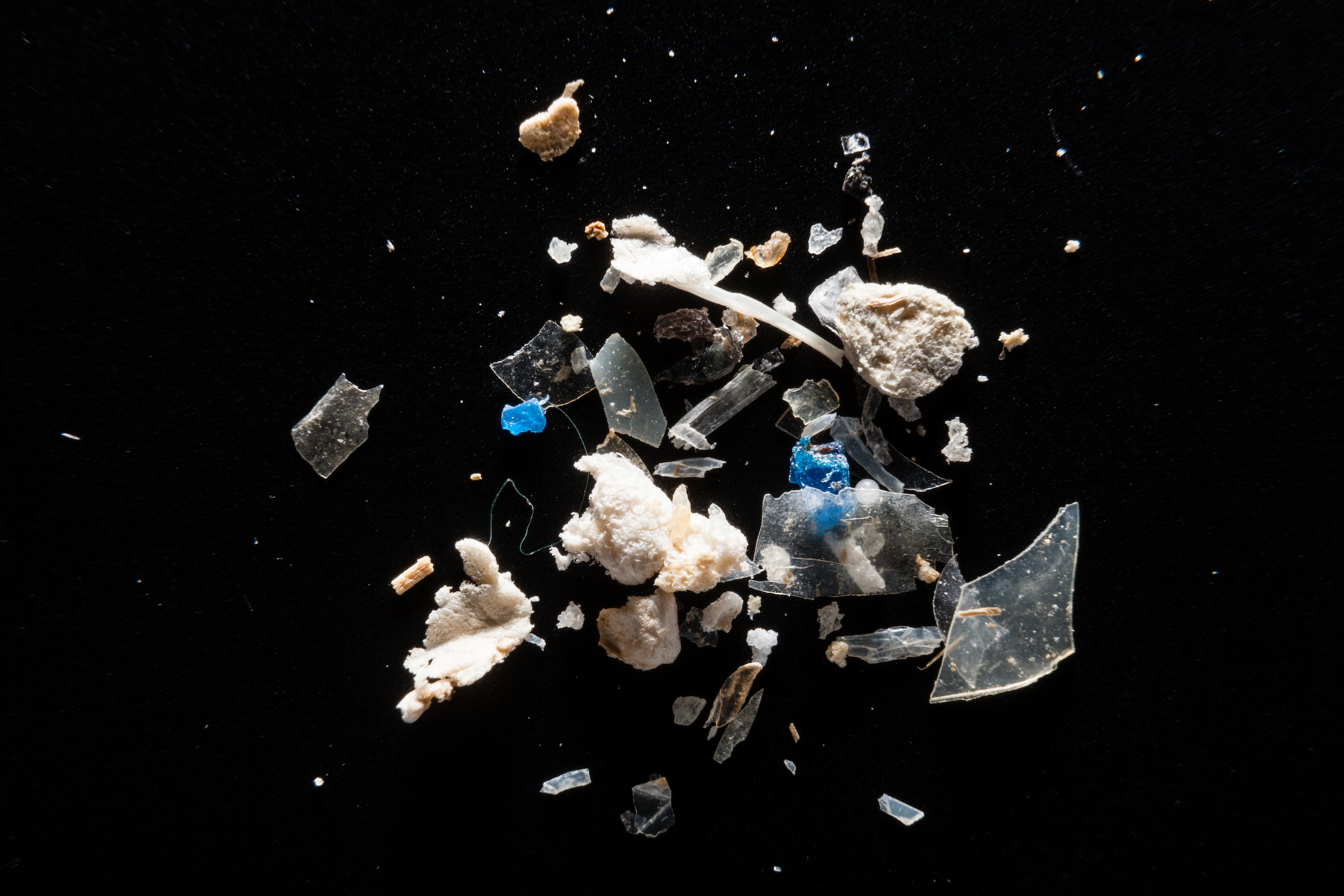A new report by Oceana Canada indicates that the amount of plastic waste Canada generates is disproportionately contributing to the amount of plastic waste generated globally.
Canada uses 4.6 million metric tonnes of plastics every year and that number is predicted to grow to more than six million metric tonnes by 2030. Global comparisons show that Canada produces nine times more plastic waste per person than India, up to 3.6 times more than some countries in Southeast Asia, and up to twice that of some Scandinavian countries.
The report also outlines how the Canadian government can help turn the tide on one of the world’s most pressing environmental issues, starting by delivering on its commitment to ban harmful single-use plastics by 2021.
“Canada needs to move away from [its] current wasteful system where plastic that is made to last forever is created, used once, and then immediately disposed of,” said Kim Elmslie, campaign director at Oceana Canada. “The current approach—low recycling rates, exporting plastic waste to other countries and shifting responsibility downstream to consumers—is expensive, irresponsible, and inefficient.”
Other highlights from the report include:
- Approximately 70 per cent of the plastic we consume—3.3 million tonnes—is thrown in the trash each year. Approximately half of that is from single-use packaging.
- Recycling is not a viable solution. Only nine per cent of plastic has been recycled. Eighty-seven per cent of the plastic waste we think is being recycled, ends up in landfills and the environment.
- Canada has exported roughly four million tonnes of plastic waste over the last 30 years mostly to Asian countries that are ill-equipped to handle it and which are now refusing to accept more.
“The plastic disaster won’t end without government leadership,” said Elmslie. “Oceana Canada is calling on Prime Minister Trudeau and Environment Minister Jonathan Wilkinson to create a strong and meaningful ban on single-use plastics by 2021. The Government of Canada has committed to protecting our oceans—taking serious and definitive action to end our country’s contribution to the plastic disaster is a vital part of that plan.”
To put a halt to the plastic disaster, Oceana Canada is calling on governments and businesses to:
- Refuse: Deliver on the commitment to ban all unnecessary single-use plastics in Canada by 2021.
- Reduce: Starting now, municipalities, universities, public institutions, and businesses should provide plastic-free options.
- Reuse: Support policies and infrastructures to reuse plastics, including refilling beverage containers.
- Rethink: Stop the export of plastic waste to developing countries either directly or indirectly and promote reduction-based solutions internationally.
Header Image Credit: Will Parson/Chesapeake Bay Program.









